Pope Francis obituary: modernising pontiff who took the Gospel to the margins
For traditionalist Catholics, Jorge Bergoglio's reforms often seemed to go too far; progressives, though, will demand more of his successor
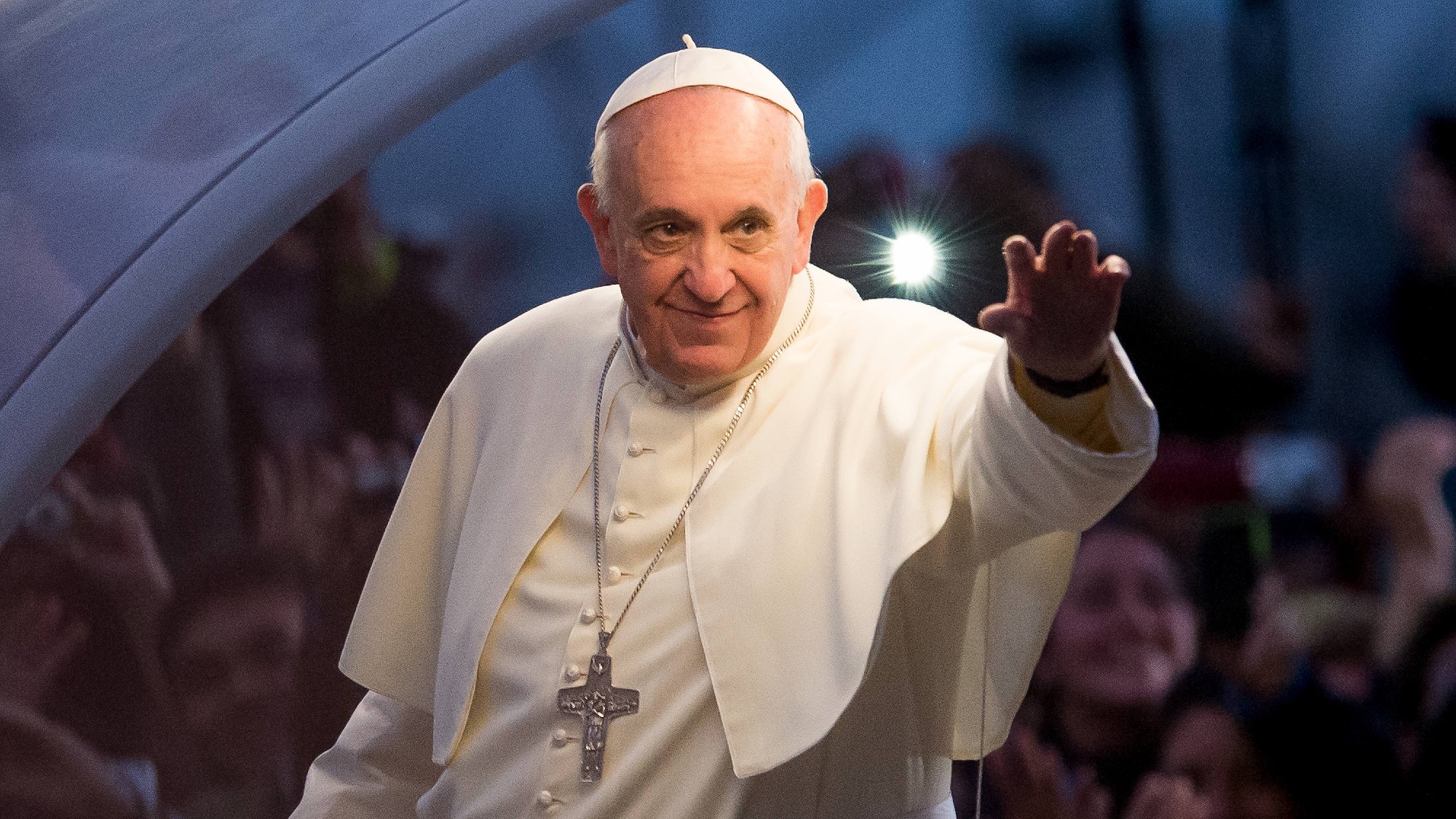
A free daily email with the biggest news stories of the day – and the best features from TheWeek.com
You are now subscribed
Your newsletter sign-up was successful
Pope Francis I, who has died aged 88, was the first Pope from the Americas, and the first from outside Europe for 1,200 years. He was also the first to live at the Vatican around the corner from his predecessor, said The Daily Telegraph, having been elected following the shock resignation of Benedict XVI – and the first Jesuit to lead the Roman Catholic Church.
Known for his belief in social justice, he marked himself out with his informal style. "Buonasera," he famously greeted the crowds gathered in St Peter's Square following his election, aged 76. He dressed simply, eschewing the red shoes and ermine-trimmed cape Benedict had worn. Instead of moving into the papal apartments, he remained in the Vatican guest house; and was soon seen driving around in an old Renault 4. "My people are poor, and I am one of them," he said. He believed that clericalism – the idea that priests stand above the people they serve – was an "evil" at the root of many of the Church's ills, including its failure to tackle clerical abuse.
On the first birthday he celebrated as Pope, he invited three men who lived on the streets near the Vatican to join him for breakfast. And on Maundy Thursday that year, when priests traditionally wash men's feet, Pope Francis washed the feet of the young inmates of a detention centre – two of whom were female, and one Muslim. "As he dried each one, he bent over and kissed it."
The Week
Escape your echo chamber. Get the facts behind the news, plus analysis from multiple perspectives.

Sign up for The Week's Free Newsletters
From our morning news briefing to a weekly Good News Newsletter, get the best of The Week delivered directly to your inbox.
From our morning news briefing to a weekly Good News Newsletter, get the best of The Week delivered directly to your inbox.
His first pastoral visit outside Rome was to the island of Lampedusa, where he met asylum seekers from Africa and condemned the "global indifference" to their fate and that of others like them. He wanted, he said, to bring the Gospel to the "peripheries", to society's margins. He travelled widely, visiting hot spots including Myanmar and Iraq, and appointed 20 cardinals from countries including Rwanda and Tonga that had never previously had them. In his encyclicals, he sought to move the Church on from arguments about sexual morality, and to focus its mission on fighting climate change and global poverty.
Many Catholics adored him, said The Times. Some who had left the Church returned; others looked at it with fresh eyes. But mainstream conservatives were angered by many of his reforms (including his restrictions on the Tridentine Latin Mass beloved by traditionalists). In the US in particular, they objected to his attacks on the excesses of capitalism ("greed looking for easy gain"); and they were "alarmed" by the ambiguity of his statements on moral issues. "Who am I to judge?" he told a journalist in 2013, when asked about gay priests. Though welcomed by progressives, this remark did not signal the start of radical reforms. He opposed gay marriage and gay adoption, and he was steadfast on the sanctity of human life. But he urged priests to welcome gay parishioners; he expressed support for same-sex civil unions; and he said that priests could give same-sex couples spontaneous "non-liturgical" blessings, and that trans people could serve as godparents.
For some Catholics, he often seemed to go too far; for others, not far enough, said The New York Times. A "tough administrator", he reformed the constitution of the Roman Curia, so that he could appoint women to senior positions previously held by clerics, and he opened up synods to lay delegates including women; but he opposed the ordination of women as deacons. The upshot was that conservatives, led often by the likes of the American cardinal Raymond Burke, kept rallying against him, and successfully pushed back on some of his proposals (such as to allow married men to become priests in the Amazon, where there was a severe shortage of clerics); while some liberals felt let down that the revolution had never come. In Germany, there was even talk of a schism. Still, he did not stifle views he disagreed with. He believed in a patient process, of listening and talking before going forward. "Bosses cannot always do what they want," he said. "They have to convince."
Jorge Bergoglio was born in Buenos Aires in 1936 into an Italian immigrant family. His parents, who were middle class, though not well-off, spoke Spanish at home, but Jorge learnt Italian from his grandparents. At school, he excelled at chemistry. Outside it, he loved football and the tango. His mother hoped he would become a doctor; but aged 16, he walked into a church and realised, he said, that God was waiting for him there. At 21, he suffered severe pneumonia and had to have part of his lung removed. Soon afterwards, he entered a Jesuit seminary, and after 11 years of training he was ordained.
A free daily email with the biggest news stories of the day – and the best features from TheWeek.com
In 1973, he was appointed to lead the Jesuits in Argentina; three years later, the brutal military junta took over. Two of his priests were arrested while working in a slum area, and tortured during five months of detention. His enemies would later spread rumours that he'd abandoned the pair, said The Guardian. In fact, he had petitioned the military leaders to release them; he'd also helped others to flee Argentina. However, his failure to denounce the junta, or embrace radical liberation theology, alienated him from his order, as did his authoritarian leadership style. As a result, he was sent into a form of internal exile; he emerged with a more compassionate, more consultative approach. In 1992, he was made auxiliary bishop of Buenos Aires, in which role he affirmed his commitment to the poor. In 1998, he became archbishop.
He was relieved not to be made Pope in 2005 (he said that a faction had backed him, in a bid to block Cardinal Ratzinger, the future Pope Benedict); but when Ratzinger stood down, he was deemed the right man to restore a Church reeling from a series of crises, including the clerical-abuse scandal. In that regard, he committed some serious errors – such as defending a Chilean bishop who had been accused of covering up a priest's abuse. Following a backlash, he admitted to having made a "grave mistake", and reached out to the abuse victims he had accused of slander. He gave survivors of clerical abuse access to documents from Church proceedings for use in lay courts; and he brought in rules obliging Church officials to report evidence of abuse or its cover-up – but only to Church authorities, not civil ones.
His advancing age did not hold him back: one of his last visits, in 2023, was to South Sudan and DR Congo; nor did ill health stop his political interventions. In February, he wrote a letter criticising Donald Trump's plans for the mass deportation of undocumented migrants. "All I am trying to do is advance the Gospel," he once said. "But imperfectly, because sometimes I make mistakes."
-
 Local elections 2026: where are they and who is expected to win?
Local elections 2026: where are they and who is expected to win?The Explainer Labour is braced for heavy losses and U-turn on postponing some council elections hasn’t helped the party’s prospects
-
 6 of the world’s most accessible destinations
6 of the world’s most accessible destinationsThe Week Recommends Experience all of Berlin, Singapore and Sydney
-
 How the FCC’s ‘equal time’ rule works
How the FCC’s ‘equal time’ rule worksIn the Spotlight The law is at the heart of the Colbert-CBS conflict
-
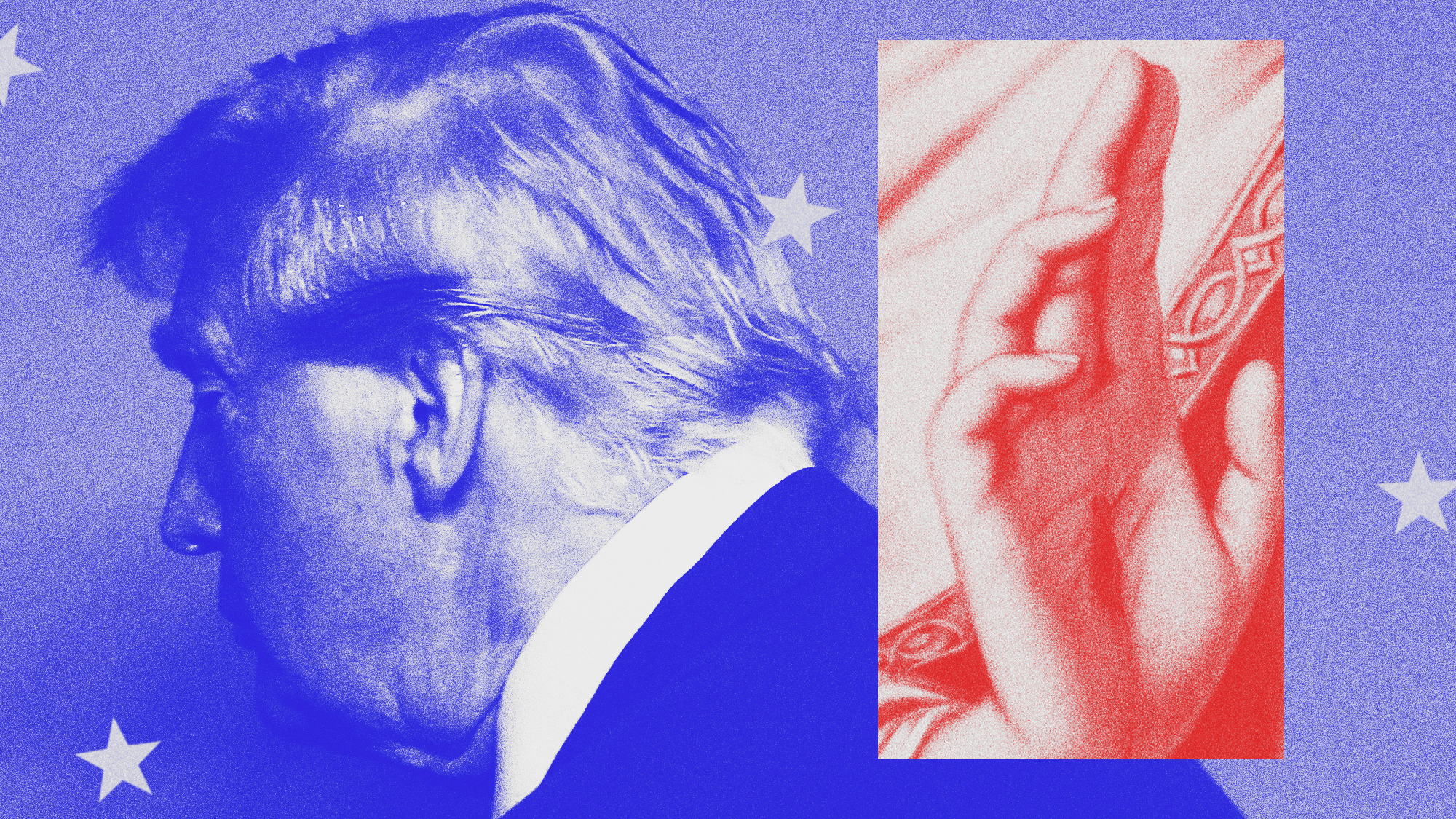 Is the Catholic Church taking on Trump?
Is the Catholic Church taking on Trump?Today's Big Question Pope calls for ‘deep reflection’ on immigration
-
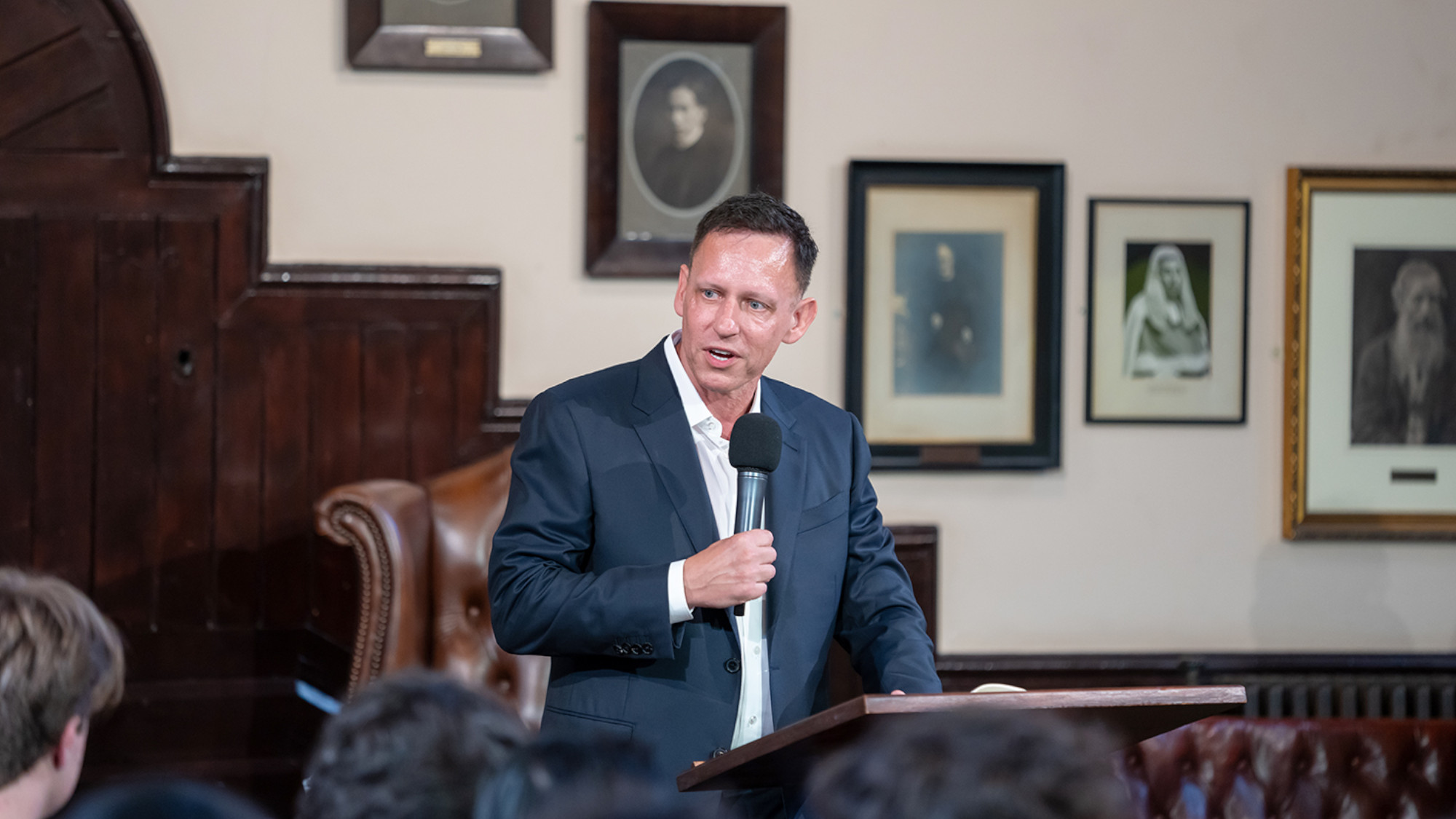 Religion: Thiel’s ‘Antichrist’ obsession
Religion: Thiel’s ‘Antichrist’ obsessionFeature Peter Thiel’s new lectures cast critics of tech and AI as “legionnaires of the Antichrist”
-
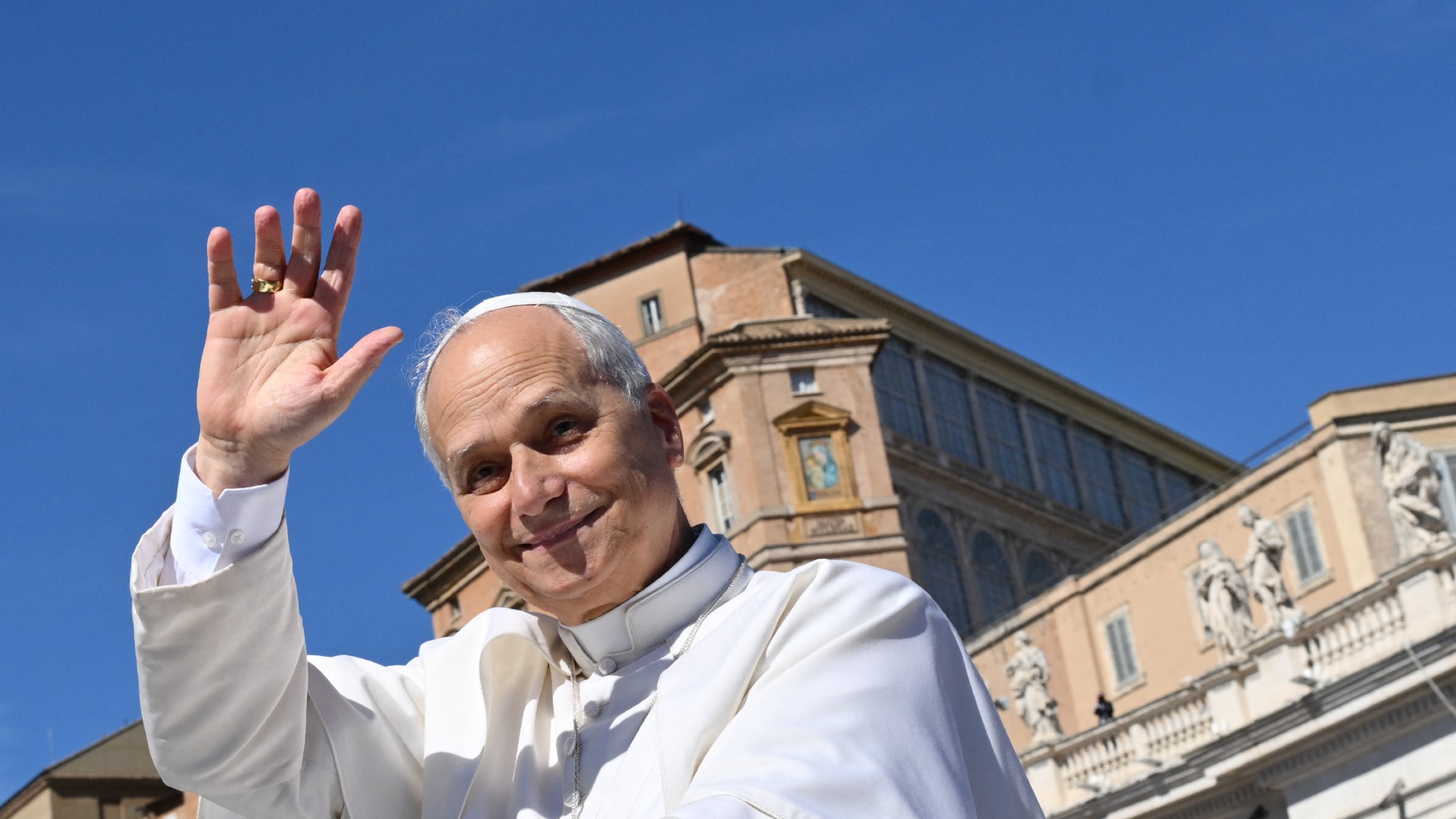 Pope Leo wants to change the Vatican’s murky finances
Pope Leo wants to change the Vatican’s murky financesThe Explainer Leo has been working to change some decisions made by his predecessor
-
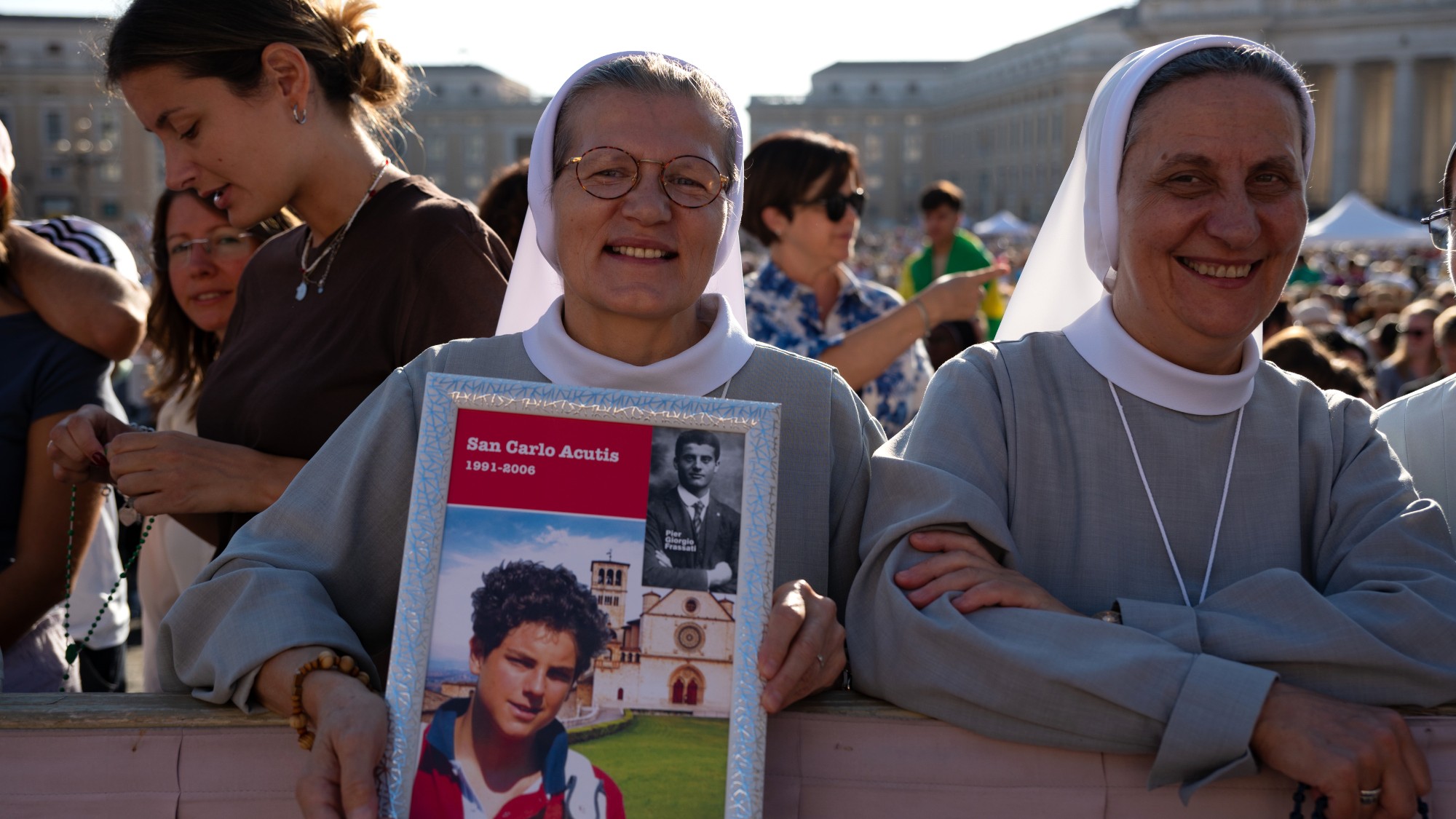 Pope Leo canonizes first millennial saint
Pope Leo canonizes first millennial saintSpeed Read Two young Italians, Carlo Acutis and Pier Giorgio Frassati, were elevated to sainthood
-
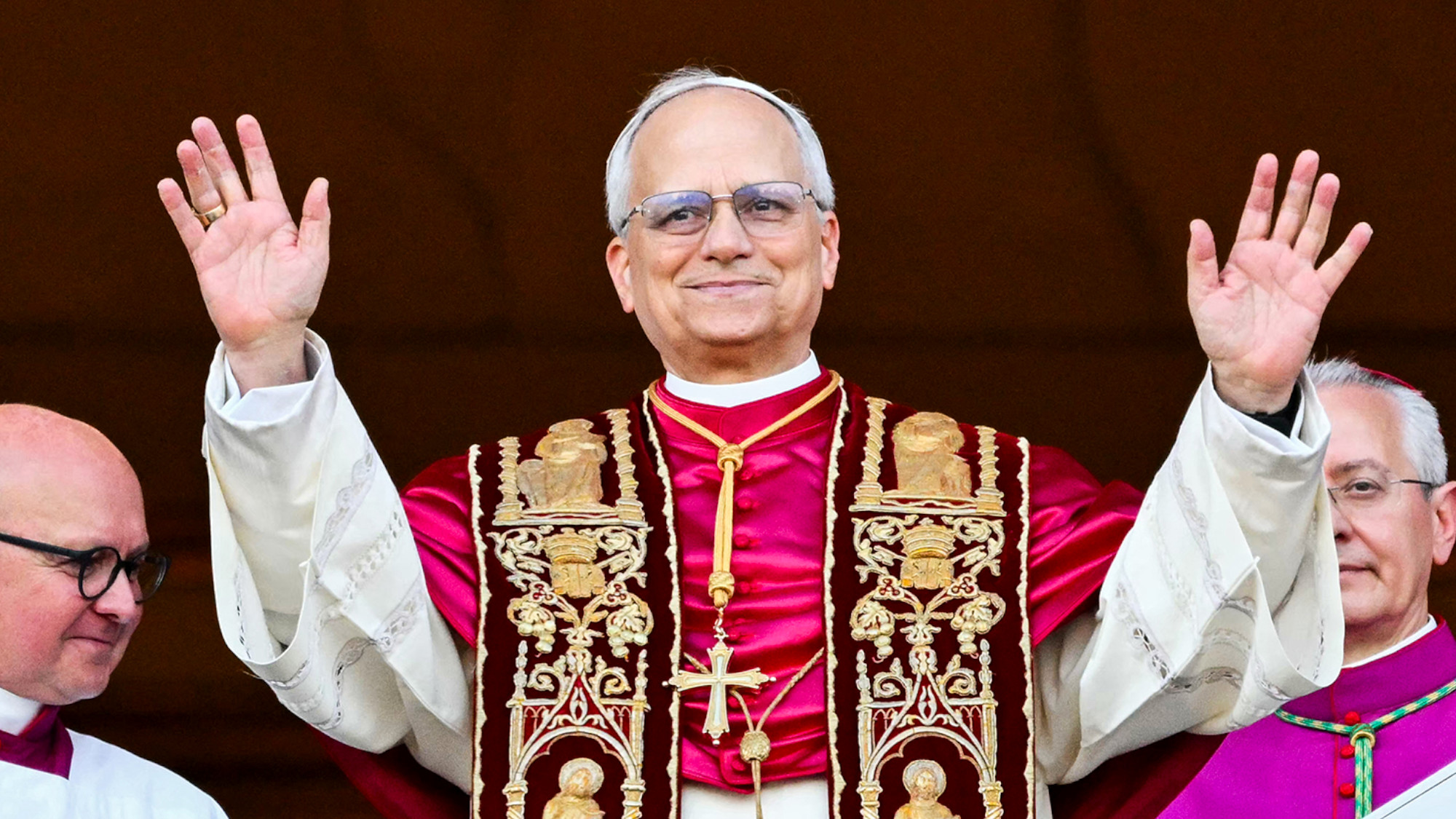 Leo XIV: What an American pope can teach America
Leo XIV: What an American pope can teach AmericaFeature Chicago-born Bob Prevost makes history by becoming the first American pope
-
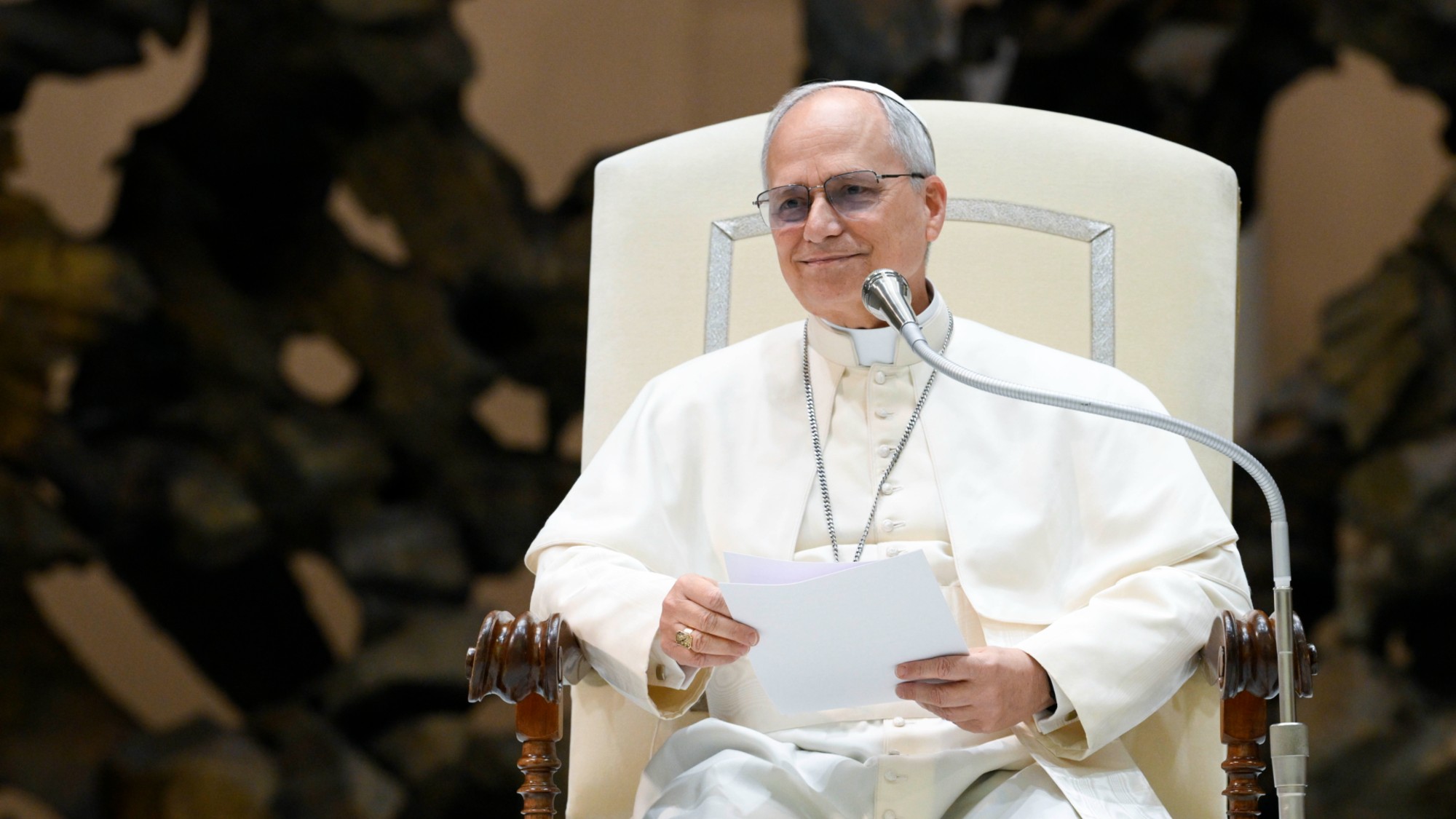 Where the new Pope Leo XIV stands on social issues
Where the new Pope Leo XIV stands on social issuesThe Explainer The first American pontiff is expected to continue some of his predecessor's work
-
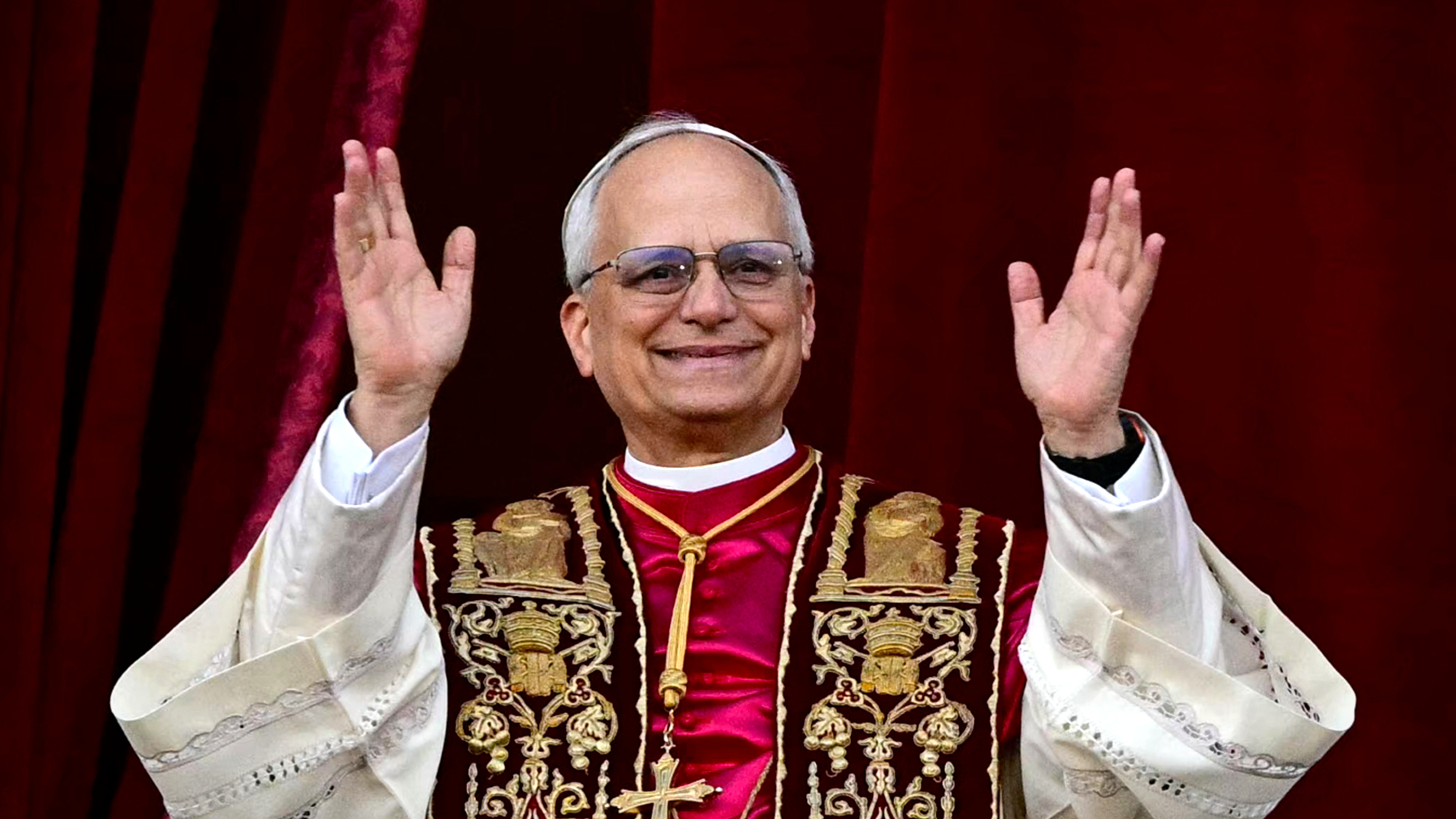 Prevost elected first US pope, becomes Leo XIV
Prevost elected first US pope, becomes Leo XIVspeed read Cardinal Robert Francis Prevost is a Chicago native who spent decades living in Peru
-
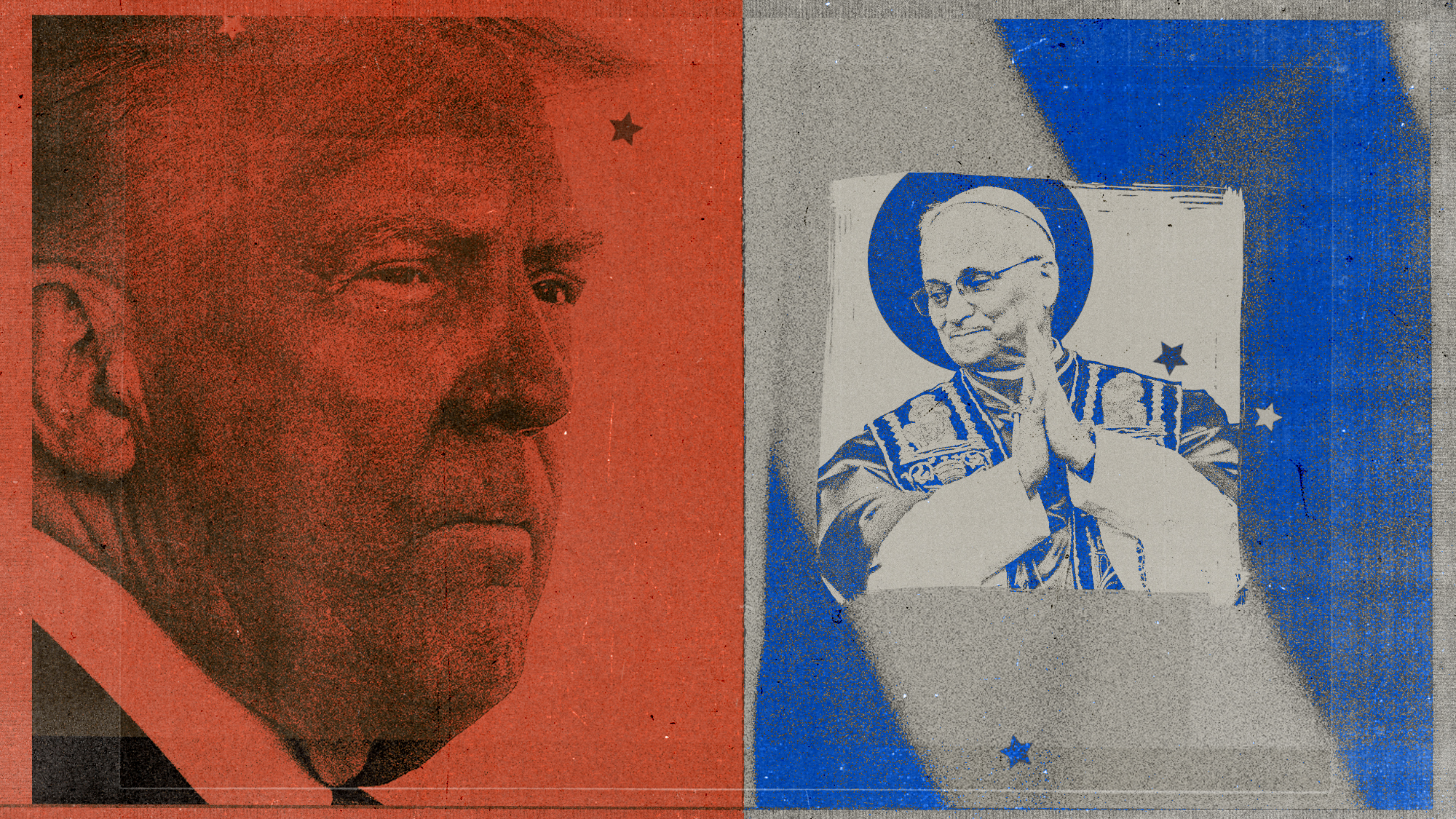 Leo XIV vs. Trump: what will first American Pope mean for US Catholics?
Leo XIV vs. Trump: what will first American Pope mean for US Catholics?Today's Big Question New pope has frequently criticised the president, especially on immigration policy, but is more socially conservative than his predecessor